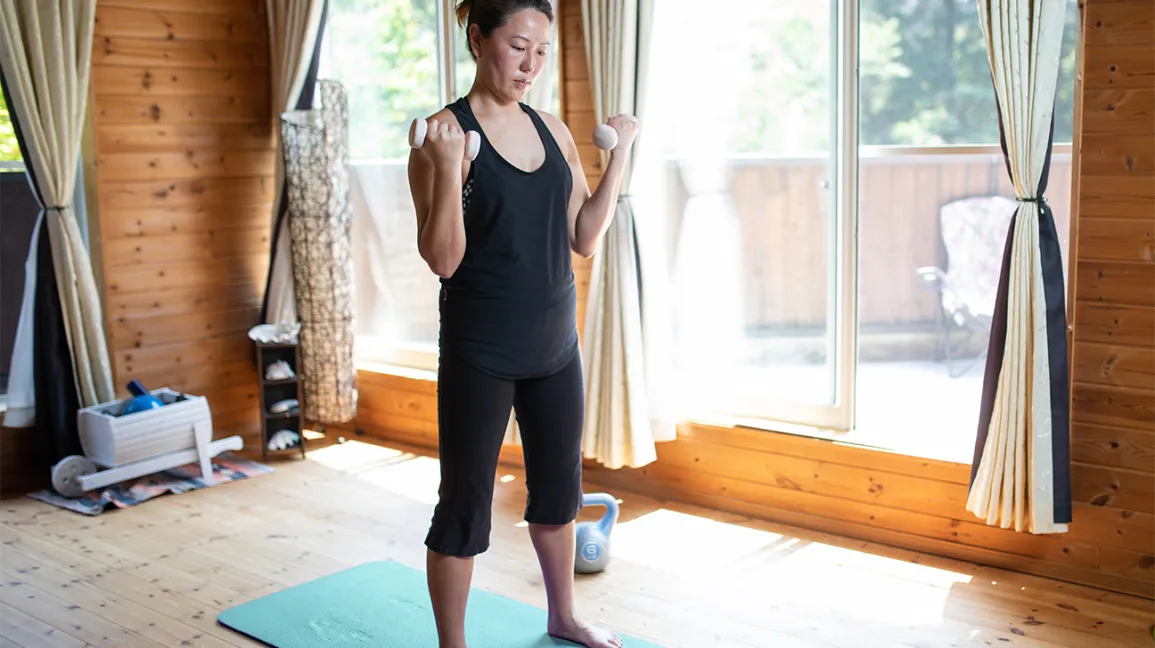1. Healthy Eating: Building a Nutritious Foundation
Your diet is the cornerstone of your health. By choosing nutrient-dense foods and avoiding processed items, you can fuel your body effectively.
What to Include in Your Diet
- Fresh Fruits and Vegetables: High in vitamins, fiber, and antioxidants. Aim for a colorful plate.
- Whole Grains: Replace refined carbs with whole grains like oats, quinoa, and brown rice.
- Lean Proteins: Opt for chicken, fish, eggs, or plant-based options like beans and lentils.
- Healthy Fats: Include sources like avocados, nuts, seeds, and olive oil.
Habits for Healthy Eating
- Plan meals in advance to avoid unhealthy snacking.
- Practice mindful eating—chew slowly and enjoy every bite.
- Control portion sizes to prevent overeating.
Pro Tip: Start your day with a balanced breakfast to kickstart your metabolism.
2. Physical Fitness: Keeping Your Body Active
Regular exercise is essential for maintaining a healthy weight, boosting energy levels, and improving mental health.
Types of Exercises
- Cardiovascular Workouts: Activities like running, cycling, or swimming improve heart health.
- Strength Training: Builds muscle and strengthens bones; consider resistance bands or free weights.
- Flexibility Exercises: Yoga or Pilates enhances mobility and reduces the risk of injuries.
Incorporating Movement Into Your Day
- Take short walks after meals to aid digestion.
- Use stairs instead of elevators whenever possible.
- Try desk exercises if you have a sedentary job.
Pro Tip: Combine exercise with social activities—join a fitness class or find a workout buddy to stay motivated.
3. Mental Health: Managing Stress Effectively
Mental health is as important as physical health. Learning to manage stress can significantly improve your quality of life.
Stress Management Techniques
- Meditation: Spend 10-15 minutes daily in quiet reflection or guided meditation.
- Deep Breathing: Practice techniques like 4-7-8 breathing to calm your mind.
- Journaling: Write down your thoughts and emotions to process them better.
Mindfulness Practices
- Stay present in the moment to reduce anxiety.
- Practice gratitude by listing three things you’re thankful for daily.
Pro Tip: Unplug from digital devices for at least an hour each day to recharge mentally.
4. The Importance of Quality Sleep
Sleep is your body’s natural way of healing and recharging. Poor sleep can lead to fatigue, stress, and long-term health issues.
How to Improve Sleep Quality
- Stick to a Schedule: Go to bed and wake up at the same time daily.
- Create a Relaxing Environment: Use blackout curtains, a comfortable mattress, and soothing scents like lavender.
- Limit Stimulants: Avoid caffeine and heavy meals close to bedtime.
Pro Tip: Develop a bedtime routine, such as reading or taking a warm bath, to signal your body it’s time to wind down.
5. Hydration: The Foundation of Wellness
Staying hydrated is crucial for overall health. Water helps regulate body temperature, aids digestion, and improves skin health.
Hydration Tips
- Carry a reusable water bottle wherever you go.
- Add natural flavor with slices of cucumber, lemon, or mint.
- Set reminders to drink water throughout the day.
Pro Tip: Start your morning with a glass of lukewarm water and lemon to detoxify and energize your body.
6. Preventive Healthcare: Staying Ahead of Problems
Prevention is better than cure. Regular check-ups and screenings can help detect issues early and save you from complications.
What to Focus On
- Annual health check-ups, including blood tests and screenings.
- Vaccinations to protect against preventable diseases.
- Monitoring your family’s medical history for potential risks.
Pro Tip: Maintain a health record and track your vitals regularly using wearable devices.
7. Building Stronger Relationships for Emotional Wellness
Human connections play a vital role in mental and emotional health. Surrounding yourself with positive influences can boost your mood and reduce stress.
How to Foster Relationships
- Spend quality time with family and friends.
- Engage in group activities or community events.
- Practice active listening and empathy in conversations.
Pro Tip: Express gratitude to those around you; it strengthens bonds and spreads positivity.
8. Digital Detox: Balancing Online and Offline Life
In 2025, digital overuse is a growing concern. Limiting screen time can help you focus better and reduce stress.
Steps to Digital Detox
- Set boundaries for screen usage, especially before bedtime.
- Replace screen time with hobbies like reading, gardening, or cooking.
- Use apps to monitor and limit your time on social media.
Pro Tip: Dedicate at least one day a week as a tech-free day to reconnect with yourself and nature.

